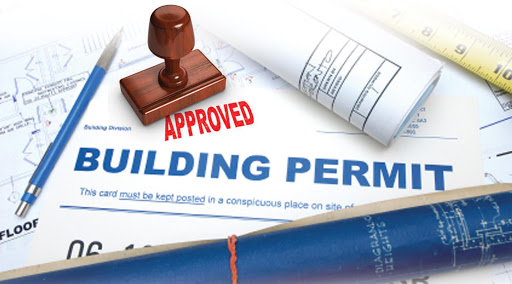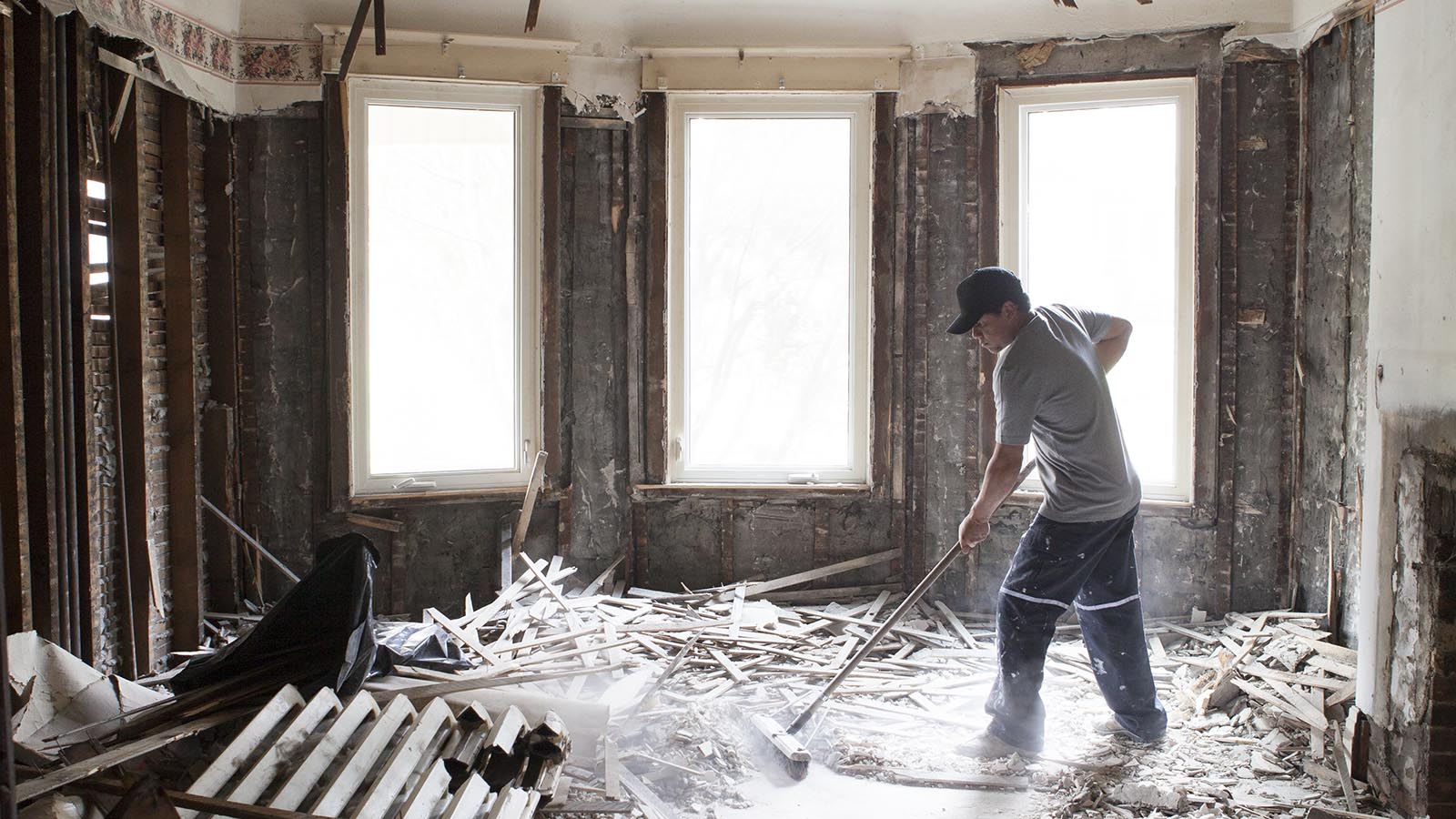Why you need to check for permits
If you read any real estate agent blogs about “worst lessons I learned during my first five years” or spend time on Reddit real estate boards, you’ll notice a few recurring themes that are the source of endless anguish from buyers and agents alike. Unpermitted work is one of them. People go through lawsuits, insurance nightmares, expensive repairs, penalties, and teardowns of an entire section of a house — all because a prior owner did unpermitted work on the home.
And yet, nonetheless, quite a few real estate agents and professional tradespeople will say, “Go on — convert that garage into a bedroom. Add a false wall. Lenders don’t care, and if it’s inside the home, no one can see so it doesn’t matter.”
The fact is lenders do care, and so do insurers and municipal building officials.
The immediate repercussions
“If the improvements are not recognized by the town, you won’t be able to get a clear title,” says appraiser Dina Miller, the founder, and principal of Florida appraisal firm Dina Miller Associates and a former co-founder of New York appraisal firm Miller Samuel.
“For example, if you add an addition without proper permits, the property will not match the town records. The bank won’t lend without consistency between the appraisal and town record.”
So from the jump, unpermitted work in a home may cause your loan to get denied. But there are many people who contend that permits are never scrutinized, especially if work was minor or didn’t affect the structure of the house. Some even say that appraisers and inspectors can’t identify a false wall or unpermitted plumbing job.
The long-term risks
Let’s say this is true. Here’s how the scenario could play out. The home has an extra bedroom that was created by adding a false wall. The appraiser for the lender doesn’t notice. Neither does the inspector. The home has a few electrical outlets that don’t work after your unpermitted rewiring, but again, no one notices. You buy the home and five years later have a problem with the electrical and a minor fire in the unpermitted room. The electrical wiring is deemed not up to code, and thus, the insurance refuses to cover the fire damage.
“People don’t think about that but it’s a real issue, so it’s better and safer to be legal,” says Miller.
There are absolutely homeowners who will sue if they uncover this type of discrepancy, and those are the people who become a real estate agent’s worst nightmare. Because if the seller didn’t disclose, and the agent’s inspector didn’t investigate the faulty outlets, the buyer might well have a case.
Finally, if you buy a house with unpermitted work and a city inspector catches it somehow, you become liable for retroactive permitting, paying penalties, or getting rid of the unpermitted work.
There are a lot of very good reasons to double-check that all work requiring a permit was done by the book and approved by the city before you commit to a home.
How to check for permits on past work
You should receive a disclosure statement from the seller at the beginning of the contract process detailing any repairs and renovations to the house. These are typically pretty trustworthy since it is a legal document that can either protect a seller or make them liable in the event of future lawsuits.
Since some sellers do lie, if you want to be extra cautious, at the beginning of the inspection phase, put in a request with the city or county building to see any permits on the house. This will show any open, revoked, expired, or completed permits. (Note that it will not show unpermitted work.) Many cities at this point have a website where you can access or request the information, but you may need to go there in person.
To make this step very easy you can purchase the full “Permit History Report” directly from NxtMove Inspections for a minimal fee. Receive an easy to ready PDF delivered within 24 hours of ordering.
The permit search process should line up with the window to request repairs based on inspection findings, but sometimes it takes longer. In that case, you can try a couple of other routes:
Homeowners Associations (HOAs) often like to have permits on file as well, and they also like to have thorough information on what homeowners are doing to the properties in their communities. So you can try asking the HOA to see permit records for the home you’re looking at.
Code violations will often come up in a title search, and in many cases, unpermitted work is what causes code violations.
Order a permit history report here.







Leave a Reply
Want to join the discussion?Feel free to contribute!